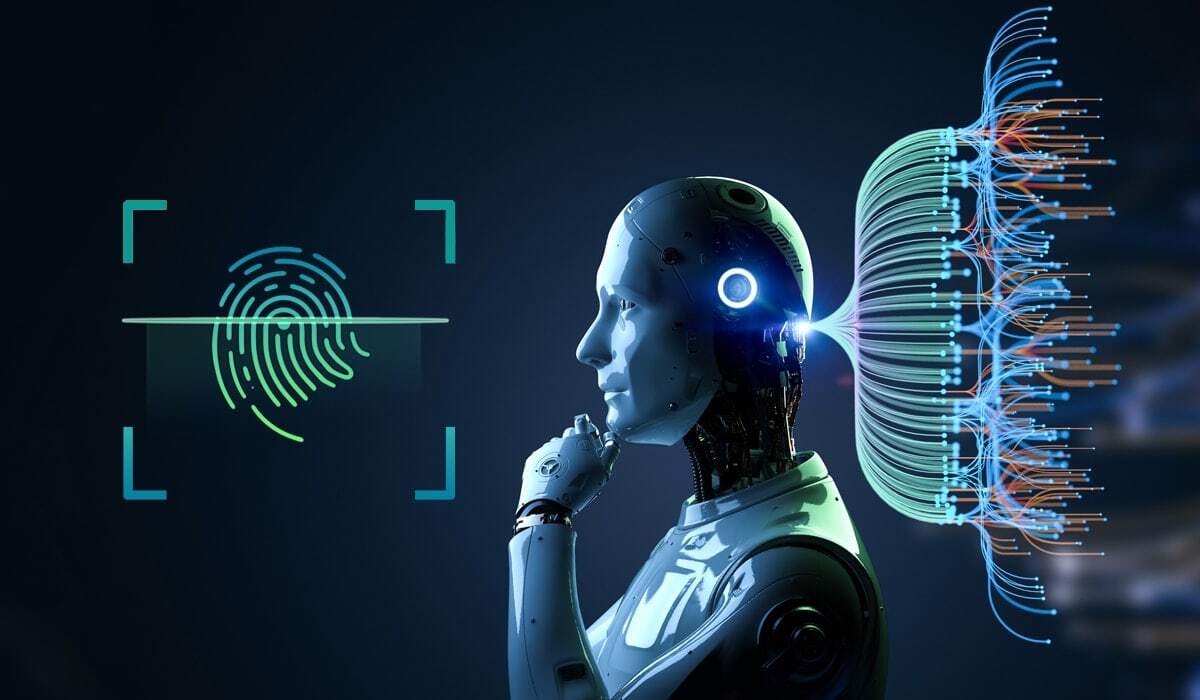
Artificial Intelligence (AI) is everywhere these days. From your smartphone to self-driving cars, AI is changing how we live, work, and play. But what exactly is AI? AI refers to machines or software that can think, learn, and make decisions, much like humans. It’s not just about robots taking over jobs; it’s about making our lives easier and more efficient. Imagine having a personal assistant that never sleeps, always learns, and constantly improves. That’s the power of AI. In this post, we’ll explore 26 fascinating facts about Artificial Intelligence that will blow your mind and maybe even make you a bit more excited about the future.
The Origins of Artificial Intelligence
Artificial Intelligence (AI) has a rich history that dates back to ancient times. Let’s explore some fascinating facts about its beginnings.
- The term “Artificial Intelligence” was coined in 1956 at the Dartmouth Conference by John McCarthy, who is often referred to as the father of AI.
- Early AI research was inspired by human cognition. Researchers aimed to create machines that could mimic human thought processes.
- The first AI program, called the Logic Theorist, was developed by Allen Newell and Herbert A. Simon in 1955. It was designed to mimic the problem-solving skills of a human.
- In 1966, ELIZA, the first chatbot, was created by Joseph Weizenbaum. ELIZA could simulate conversation by using pattern matching and substitution methodology.
AI in Everyday Life
AI has seamlessly integrated into our daily routines. Here are some ways AI impacts our lives.
- Virtual assistants like Siri and Alexa use AI to understand and respond to user commands, making everyday tasks easier. Also there are AI tools like AskAI.free where you can ask AI anything in real time.
- Recommendation algorithms on platforms like Netflix and YouTube use AI to suggest content based on user preferences and viewing history.
- AI-powered navigation apps like Google Maps provide real-time traffic updates and route suggestions to help users reach their destinations efficiently.
- Spam filters in email services use AI to detect and filter out unwanted emails, keeping our inboxes clean.
AI in Healthcare
AI is revolutionizing the healthcare industry with its innovative applications. Here are some notable examples.
- AI algorithms can analyze medical images to detect diseases like cancer at an early stage, improving patient outcomes.
- Robotic surgery systems use AI to assist surgeons in performing precise and minimally invasive procedures.
- AI-powered virtual health assistants can provide patients with medical advice and reminders for medication, enhancing patient care.
- Predictive analytics in healthcare use AI to forecast disease outbreaks and patient admissions, helping hospitals manage resources effectively.
AI in Business and Industry
Businesses and industries are leveraging AI to optimize operations and drive growth. Let’s look at some key facts.
- AI-driven chatbots provide customer support around the clock, improving customer satisfaction and reducing operational costs.
- Predictive maintenance systems use AI to monitor equipment and predict failures before they occur, minimizing downtime.
- AI in supply chain management helps companies forecast demand, optimize inventory, and reduce waste.
- Financial institutions use AI for fraud detection by analyzing transaction patterns and identifying suspicious activities.
Ethical Considerations and Challenges
As AI continues to evolve, it brings along ethical considerations and challenges. Here are some important points to ponder.
- Bias in AI algorithms can lead to unfair treatment of certain groups, highlighting the need for ethical AI development.
- AI’s impact on employment is a concern, as automation could potentially displace jobs in various industries.
- Privacy issues arise with AI as it often requires access to large amounts of personal data to function effectively.
- AI decision-making transparency is crucial, as understanding how AI arrives at decisions is important for accountability.
Future of Artificial Intelligence
The future of AI holds immense potential and exciting possibilities. Here are some predictions and trends.
- AI is expected to play a significant role in autonomous vehicles, making transportation safer and more efficient.
- AI in education could personalize learning experiences, catering to individual student needs and improving educational outcomes.
- AI-driven smart cities aim to enhance urban living by optimizing energy use, traffic management, and public services.
- Advancements in AI research could lead to the development of artificial general intelligence (AGI), machines with human-like cognitive abilities.
- AI in creative fields such as art and music is growing, with AI-generated artworks and compositions gaining recognition.
- Collaborative AI systems that work alongside humans could enhance productivity and innovation across various sectors.
The Future of AI
Artificial Intelligence is transforming our world in ways we never imagined. From self-driving cars to virtual assistants, AI is making life easier and more efficient. It’s not just about convenience; AI is also revolutionizing healthcare, education, and entertainment. Imagine doctors diagnosing diseases faster or students getting personalized learning experiences.
However, with great power comes great responsibility. Ethical considerations, data privacy, and job displacement are challenges we must address. As AI continues to evolve, staying informed and adaptable is crucial.
The future holds endless possibilities, and understanding AI’s impact helps us navigate this exciting journey. Whether you’re a tech enthusiast or just curious, keeping up with AI trends ensures you’re ready for what’s next. So, embrace the change and get ready for a smarter, more connected world.
Was this page helpful?
Our commitment to delivering trustworthy and engaging content is at the heart of what we do. Each fact on our site is contributed by real users like you, bringing a wealth of diverse insights and information. To ensure the highest standards of accuracy and reliability, our dedicated editors meticulously review each submission. This process guarantees that the facts we share are not only fascinating but also credible. Trust in our commitment to quality and authenticity as you explore and learn with us.


